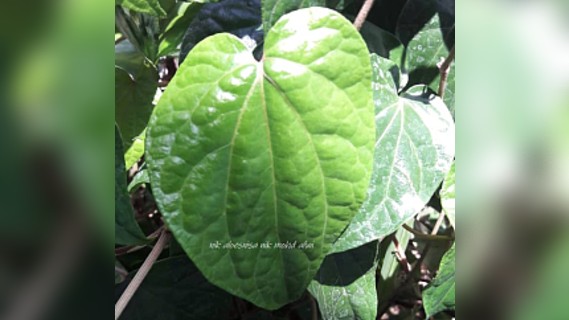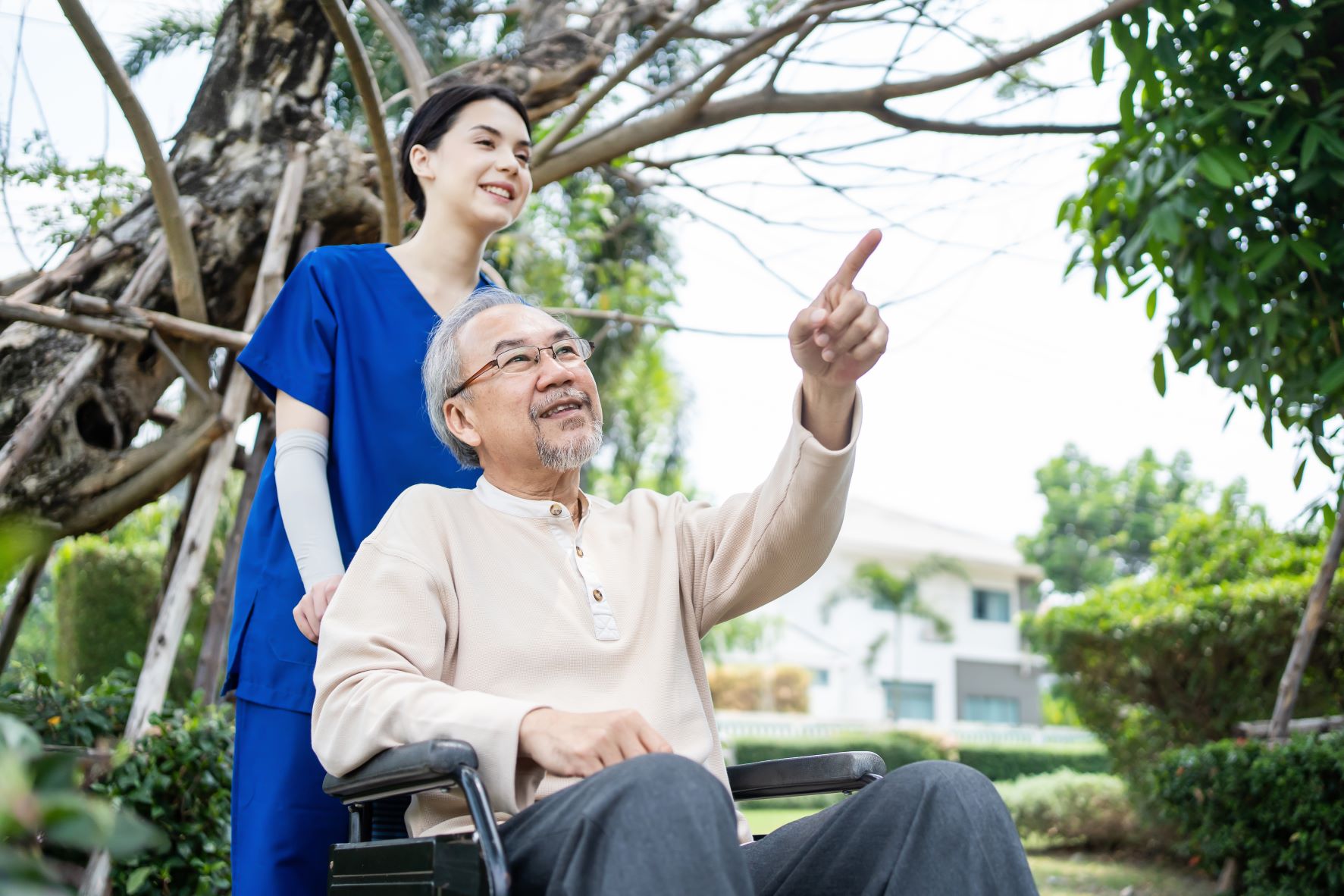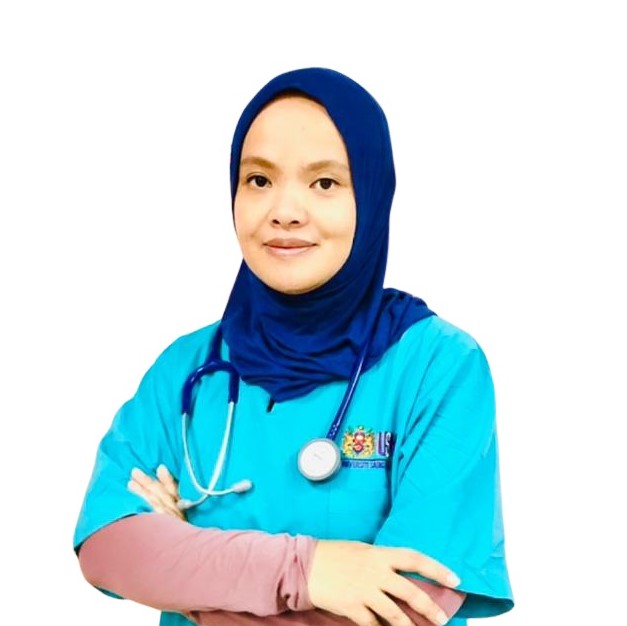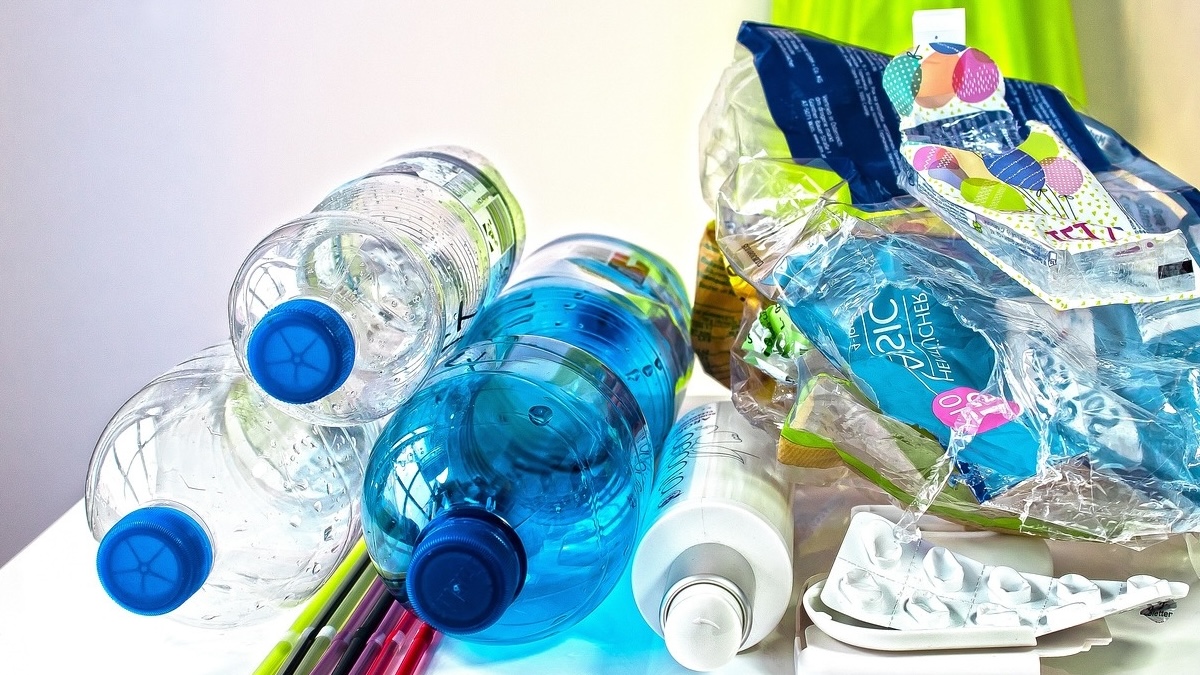Vitamin D is a nutrient that serves a myriad of functions in the body; the main one is to build and maintain healthy bones (1). It also helps with anti-inflammation, antioxidants, immune support, muscle function, generation of brain cells and prevention of certain diseases such as hypertension (1).
Not naturally found in many foods, the most common way our body produces vitamin D is by converting direct sunlight to an active form of the nutrient. People over the age of 65 years old have been shown to produce less vitamin D. It is speculated that this may occur either because people over 65 years old go outside less or because it is harder for our body to convert sunlight into vitamin D as we age.
As physicians working in the intensive care unit (ICU), we do not routinely measure vitamin D levels in our patients, at least in our setting. We are therefore interested to research if vitamin D deficiency is truly an issue, particularly among the older cohort, who makes up a significant proportion of our ICU patients. Furthermore, studies examining the prevalence of vitamin D deficiency in older patients admitted to ICU in tropical countries are scarce. More importantly, we are keen to know if the vitamin D deficiency is associated with a worse outcome. To answer these questions, we conducted an observational study, which started with measuring the blood levels of vitamin D in all consecutive patients aged 65 years old or above upon their admission to our ICU. We then followed-up these patients to determine their length of stay in the ICU and whether they survived the course or not.
To our surprise, vitamin D deficiency is extremely common, being present in 63.2% of our older ICU patients. Of particular note, 16.7% of these patients had severe deficiency of the nutrient!
At the time of writing, we were able to recruit 114 consecutive older patients admitted to our ICU over a 3-month period. To our surprise, vitamin D deficiency is extremely common, being present in 63.2% of our older ICU patients. Of particular note, 16.7% of these patients had severe deficiency of the nutrient! We feel that this is quite surprising because Malaysia is a country that is blessed with abundance of sunlight throughout the year. While a few studies have shown that vitamin D deficiency is common in ICU patients, these were mainly conducted in Western countries (2), where sunlight is highly available only in certain seasons of the year. However, so far, we did not find that older patients with vitamin D deficiency had a poorer outcome than those who had a normal level. Given the small sample size of our study, it can be too early to conclude that vitamin D deficiency is not associated with poorer outcome, as we need more patients to be able to confirm or refute our current findings.
Nonetheless, we still feel that it is important to share the implications from our findings to the wider community. Given the high prevalence of vitamin D deficiency found in our study, we first suggest that our seniors should get a screening test done to check their vitamin D levels. Second, several guidelines have recommended that many people over the age of 65 years old need to take vitamin D supplement. Concerning the dose, seniors aged up to 70 years old should be getting at least 600 IU, while those older than 70 should be getting at least 800 IU of vitamin D (3). Prior to anything, seniors should first be speaking to their doctors to tailor a suitable treatment plan for them. Third, seniors should also focus on eating food that contain vitamin D in them. Some of the best food to eat for those with vitamin D deficiency include salmon, milk, cereals, eggs, and beef liver.
Last but not least, as the main source of vitamin D is the direct sunlight, we recommend seniors to spend more time outdoors, for 20 to 30 minutes, between 10 AM to 3 PM, every day. This recommendation is not a mere old wives' tale, for it is backed up by science: In one interventional study involving nursing home residents in Sweden, half of the seniors were asked to follow this recommendation during summer, while the remaining half were not (4). Active encouragement to spend time outdoors improved the levels of their vitamin D. Not only that, their self-perceived mental health also significantly improved and could complement or replace oral vitamin D supplementation in the summer. So, more sunlight exposure for our seniors? We do not see why not.
References:
- Khazai N, Judd SE, Tangpricha V. Calcium and vitamin D: skeletal and extraskeletal health. Curr Rheumatol Rep. 2008;10(2):110-7. doi: 10.1007/s11926-008-0020-y.
- Kurnaz MM, Kesici S, Turkmen UA. Is vitamin D important for elderly patients in intensive care? J Acad Res Med. 2020;10(2):117-21. doi: 10.4274/jarem.galenos.2019.2865
- Mayo Clinic Staff. Vitamin D. https://www.mayoclinic.org/drugs-supplements-vitamin-d/art-20363792. Accessed on 12th February 2022.
- Samefors M, Tengblad A, Östgren CJ. Sunlight Exposure and Vitamin D Levels in Older People- An Intervention Study in Swedish Nursing Homes. J Nutr Health Aging.
By Dr. Lim Kai Yang, Dr. Wan Fadzlina Wan Muhd Shukeri and Associate Professor Dr. Wan Mohd Nazaruddin Wan Hassan.
Department of Anaesthesiology and Intensive Care, School of Medical Sciences, Health Campus, Universiti Sains Malaysia, Kubang Kerian, 16150 Kota Bharu, Kelantan.
Dr. Lim Kai Yang recently graduated in Doctor of Medicine from Universiti Sains Malaysia. Immediately after his graduation, he continues to pursue a Master in Science in Intensive Care Medicine at the Department of Anaesthesiology and Intensive Care, School of Medical Sciences, Universiti Sains Malaysia. His thesis mainly involves studying some biomarkers as predictors of outcome in critically ill older patients, including vitamin D. The current findings presented in this article is from his hard work recruiting subjects round the clock for three months in a row.
Dr. Wan Mohd Nazaruddin Wan Hassan is an associate professor and the current head of Department of Anaesthesiology and Intensive Care, School of Medical Sciences, Universiti Sains Malaysia. He holds a Fellowship in Neuro-anaesthesia from Canada. His research interests include in fluid management and total intravenous anaesthesia in neurosurgical patients.
















